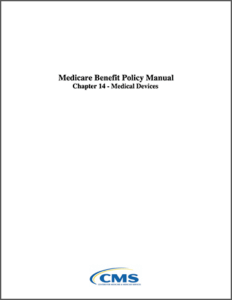

The cost of certain probate and other legal work is set by statute or law. They are not set by legal statute or law. In most cases, the agreement also must note that the attorney’s fee is negotiable between the attorney and the client.Contingency fee agreements must also state whether you will be required to pay the lawyer for related matters not specified in the fee agreement, which may arise as a result of your case.If you agree to a contingency fee, make sure the written fee agreement specifies the lawyer’s percentage and whether their share will be figured before or after other costs are deducted.Ask the lawyer for an estimate of such costs before you get started. However, whether you win or lose your case, you will have to pay some or all of the court costs and other expenses, which can be quite high.If you lose your case, the lawyer does not receive any payment from you.Contingency fees mean you will pay the lawyer a certain percentage of the money you receive if you win the case or settle the matter out of court.This type of fee is often used in accident, personal injury, or other types of legal cases in which someone is being sued. The lawyer would then bill you for any additional time spent on your case or ask you to pay an additional retainer. This means the legal fees will be subtracted from the retainer until the retainer is used up. Finally, a retainer fee is sometimes considered a down payment on legal services that the client will need.Certain kinds of legal work might be covered by the retainer fee, while other legal services would be billed separately. A retainer fee also can mean that the lawyer is “on call” to handle the client’s legal problems over a period of time.If the fee agreement is a nonrefundable retainer agreement, you may not be able to get your money back, even if the lawyer does not handle your case or complete the work. With this type of agreement, the client would be billed additionally for the legal work that is done. A retainer fee can be used to guarantee that the lawyer will be available to take a particular case.Make sure you understand your retainer agreement. A retainer can mean different things to different people. Remember that circumstances may change, and your case may require more hours than the lawyer initially expected. Ask the lawyer to estimate the amount of time your case will take, so you understand what your total costs may be. Hourly fee, which will can vary among lawyers.Before agreeing to a fixed fee, find out what it does and does not include, and if any other charges may be added to the bill. Commonly used for routine legal matters, such as preparing a simple will. These are the most common types of fee arrangements used by attorneys: With the exception of contingency fee arrangements (see below), you can expect to be billed monthly by your attorney.Īttorneys use different types of fee arrangements.How often your attorney will bill you for services A lawyer also may consider the complexity of the case and the amount of time your matter could take.A lawyer who is well-known in a certain area of the law might charge more than someone who is not.Lawyers consider various factors when setting their fees.How a lawyer decides what amount to charge Here are key things to know about fees and billing: By law, fee agreements with your lawyer must be in writing when the lawyer anticipates fees and costs for your case to total $1,000 or more. You and your lawyer should agree on what you will pay and which services will be provided.


 0 kommentar(er)
0 kommentar(er)
